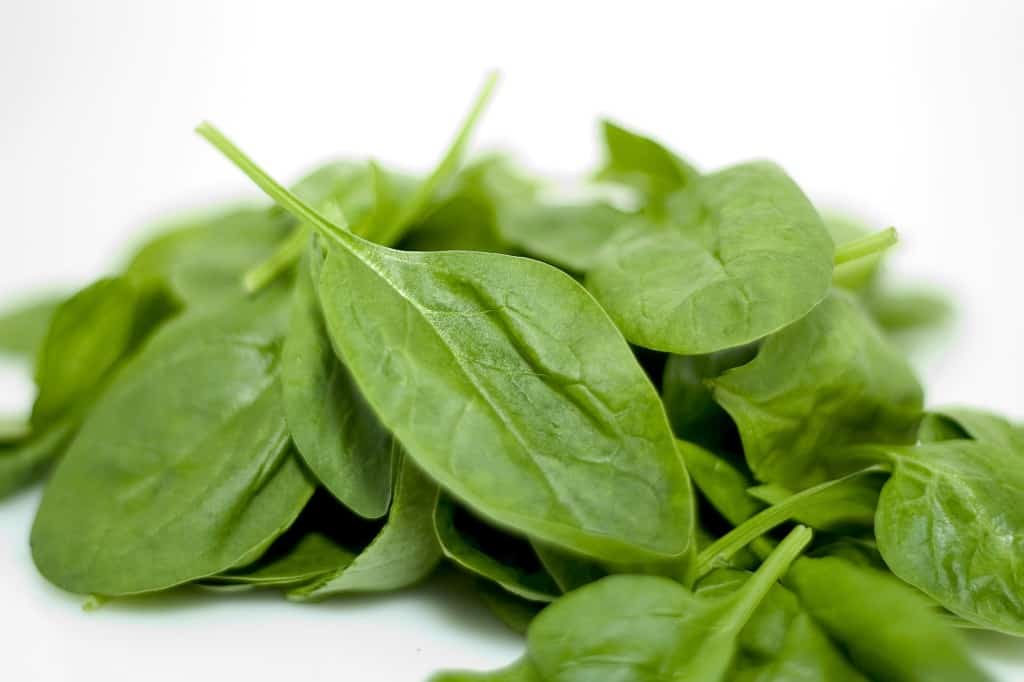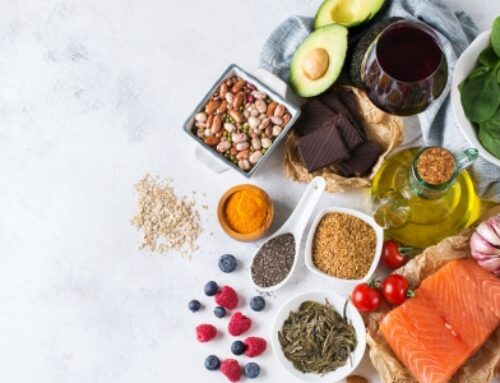
As a nutritionist, I find bowel movements rather interesting. Not because I’m weird but because it can tell me quite a lot about the quality of your diet and the types of foods that you’re regularly choosing to eat. Never underestimate the power that your diet has to prevent you from developing a number of chronic diseases.
Your gastrointestinal system is no exception. A consistently healthy diet has the ability to help you maintain good digestive function and decrease your risk of diverticular disease and colon cancer.
So what’s the secret to a happy digestive system? Fibre!
Fibre only comes from plant based foods and is the indigestible part of grains, legumes, fruits, vegetables, leaves, seeds, nuts and any other part of the plant that we’d eat! Indigestible means that it goes straight through you. Yep, in one end and out the other. Too much information?
What’s the point if all it does is go in one end and out the other?
Fibre creates a nice bulky stool (poo!), by absorbing water in the intestines, and this helps the body to easily move toxins and carcinogens (cancer causing agents) out of the body. The longer is takes the body to move out the waste products the more time these toxins have in contact with the bowel wall and the more time they have to do damage. A high fibre diet moves undigested food through nice and quickly and thus ensures a healthy gut wall.
There are also certain types of dietary fibre, particularly found in legumes and cooled cooked potatoes, that your gut bacteria (the helpful little guys in your large intestine) absolutely love to metabolise. The by-products of this bacteria metabolism are being shown more and more to have very positive effects on both our digestive and immune health.
The health benefits of fibre don’t end there. Fibre also helps reduce cholesterol re-absorption, making it great for reducing your risk of cardiovascular disease. High fibre foods help us feel fuller for longer and have low energy density making them perfect for maintaining a healthy weight.
Choose these foods regularly for good digestive health:
- Vegetables – aim for 5 different types a day.
- Fruit – aim for 2-3 pieces a day.
- Breakfast cereals – choose breakfast cereals that have at least 5g of fibre per serve. You can check this information on the nutrition information panel.
- Wholemeal bread – this has twice as much fibre as white bread. Rye bread and soy and linseed are even better.
- Wholemeal pasta – this has almost twice as much fibre as white pasta. There are are also high fibre white pastas on the supermarket shelves that are also a good alternative to white.
- Brown rice – this has twice as much fibre as white rice.
- Whole grains – try minimally processed grains like oats, barley, quinoa, millet, etc.
- Legumes – beans (baked beans, kidney beans), chick peas, split peas and lentils.
- Nuts – try raw or dry roasted nuts.
- Seeds – linseeds, sunflower seeds, pumpkin seeds.
Further reading: Health Check: are you eating the right sorts of fibre?



